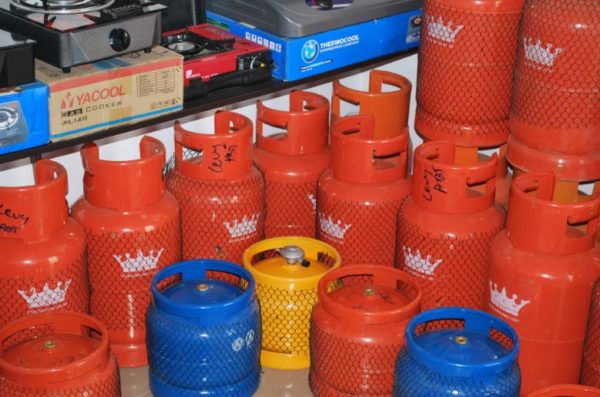Lagos, March 11, 2024:The Centre for the Promotion of Private Enterprise (CPPE) and Nigerian Association of Chambers of Commerce, Industry, Mines, and Agriculture (NACCIMA) have commended the government for suspending the Expatriate Employment Levy (EEL) implementation.
CPPE Founder, Dr Muda Yusuf, on Sunday in Lagos, via a statement described the development as a clear demonstration that President Tinubu’s administration was responsive, democratic and inclusive in its governance process.
The government had paused the EEL implementation to allow further consultations with vital stakeholders for its review.
He said the listening gesture of government showed that the administration was responsive to the concerns of stakeholders which, he stated, was a critical attribute of true democracy.
Focusing on the next steps, Yusuf said there were already extant laws and regulations within the framework of Nigeria Immigration Act and the Expatriate Quota Handbook that squarely addressed the outcomes contemplated in the EEL.
He noted that the handbook was robust, comprehensive and covered the critical issues of technology transfer, localisation of jobs, and restrictions of some categories of expatriates from entry into the country, based on current skill gaps.
He added that the National Content Act and the Presidential Executive Orders three and five focussed on localisation of procurement and service opportunities.
Yusuf stated that what needed to be done differently was to strengthen the institutional and regulatory effectiveness in the Ministry of Interior and the Immigration Service to ensure compliance and enforcement.
“The truth is that relevant institutions have over the years been considerably compromised and these are the gaps that needs to be addressed.
“We really do not need a new policy, regulation or handbook on the employment of expatriates as a new regulation or policy will be superfluous.
The current regulations or handbook could be tweaked, if necessary,” he said.
Yusuf stated his observation that evidence of regulatory weaknesses abound in the numerous instances of expatriates operating in the retail sector in open markets, competing with indigenous market women and men.
He noted that Nigerians surely do not lack expertise in retail trading, but there have been cases of expatriates taking up shops in traditional markets, leading to the displacement of many indigenous traders.
“There are similar concerns expressed by our indigenous retailers in the computer and electronics, textiles and fabrics, and fashion accessories where expatriates are competing with them at the retail end of the market.
“Some of these companies dominate the entire value chain – they are the manufacturers, distributors and retailers.
“These are some of the issues that need to be addressed by the immigration service and the ministry of interior as competition with our struggling market women and men is clearly an unfair competition,” he said.
National President, NACCIMA, Dele Oye, also expressed gratitude to the government for their magnanimity, understanding and their willingness to engage in dialogue and consider the implications of the EEL on the business community.
Oye said the gesture indicated their commitment to creating an inviting atmosphere for both local and international investors.
He expressed the chamber’s dedication to work with government to ensure that policies aligned with the nation’s economic objectives, aiming to position Nigeria as a prime destination for investments.
“We advise all investors, both current and prospective, to continue with their business activities and investment plans in Nigeria with confidence.
“The assurances provided by both ministers during the negotiations have reinforced the Federal Government of Nigeria’s intent to enhance the investment landscape and support economic growth,” he said.













